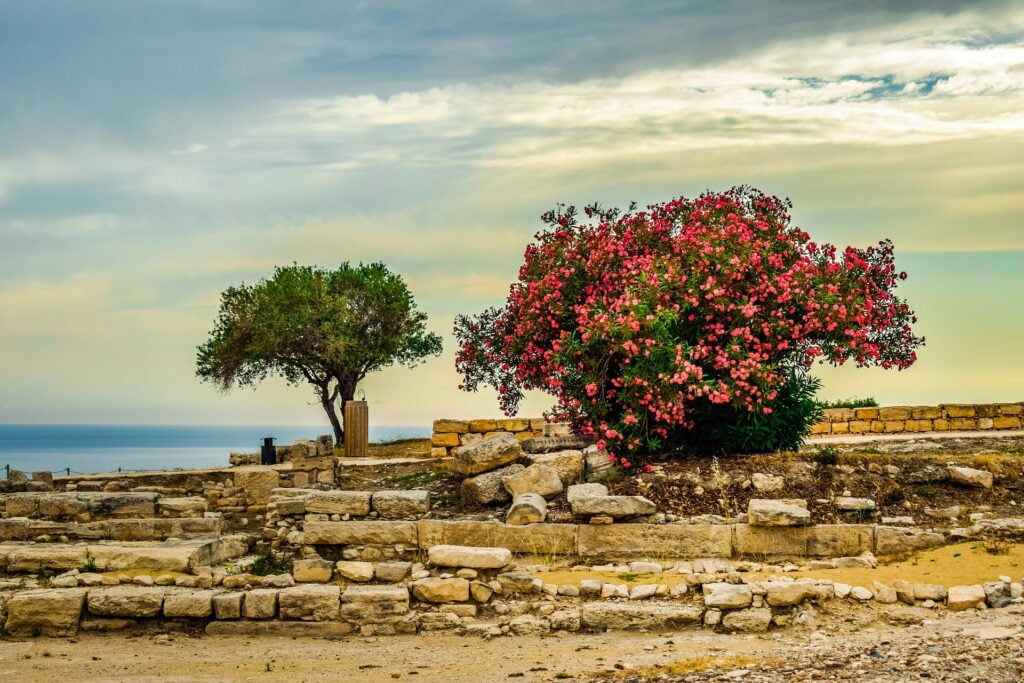
Mediterranean cuisine, a delectable culinary tradition, boasts a history as diverse and vibrant as the countries that share its shores. Stretching from the sun-kissed coasts of Southern Europe to the exotic landscapes of Northern Africa and the Levant, the Mediterranean region offers a unique fusion of cultures and flavors. This article embarks on a journey through time, exploring the origins, influences, and evolution of the Mediterranean cuisine that we know and love today.
The Origins of Mediterranean Cuisine
The Mediterranean’s culinary roots date back thousands of years, with ancient civilizations such as the Egyptians, Greeks, and Romans leaving their mark on the region’s gastronomy. Archaeological findings show that the Egyptians cultivated wheat, barley, and legumes and used them to create simple yet delicious dishes. The Greeks and Romans contributed to the development of Mediterranean cuisine by introducing new ingredients like olives and grapes, which remain staples in the region’s diet.
The Spice Trade and Cultural Exchanges
The Mediterranean Sea has long been a hub of trade and cultural exchange, with merchants traveling from far and wide to exchange goods and ideas. One of the most significant developments in Mediterranean cuisine was the introduction of spices through the Silk Road and other trade routes. The arrival of exotic spices such as cinnamon, cumin, and saffron added depth and complexity to the region’s dishes, transforming local recipes into the flavorful masterpieces we enjoy today.
The Moorish Influence
Between the 8th and 15th centuries, the Moors, a Muslim people from North Africa, ruled parts of the Iberian Peninsula. Their presence left a lasting impact on the region’s gastronomy, particularly in Spain. The Moors introduced new ingredients such as rice, sugar, and almonds, as well as innovative cooking techniques like slow-simmering and marinating. These culinary innovations shaped the foundations of Mediterranean cuisine and continue to influence modern-day recipes.
The Age of Exploration
The Age of Exploration in the 15th and 16th centuries saw European explorers traveling the globe, discovering new lands, and introducing new ingredients to their homeland. The arrival of tomatoes, potatoes, and peppers from the Americas revolutionized Mediterranean cuisine, adding bold flavors and colors that are now synonymous with the region’s dishes.
The Mediterranean Diet
The Mediterranean diet, hailed as one of the world’s healthiest, is characterized by an abundance of fruits, vegetables, whole grains, legumes, and lean proteins, such as fish and poultry. Olive oil, a cornerstone of Mediterranean cuisine, is used as the primary source of fat, lending its distinct flavor to countless dishes. The diet emphasizes moderation and balance, with red meat, dairy, and sweets consumed sparingly.
Conclusion
Mediterranean cuisine is a beautiful tapestry of flavors, techniques, and ingredients that have been woven together over the centuries. Its rich history is a testament to the resilience and creativity of the people who call this region home. As we continue to enjoy the delicious dishes of the Mediterranean, let us remember and appreciate the long and fascinating journey that brought them to our plates.